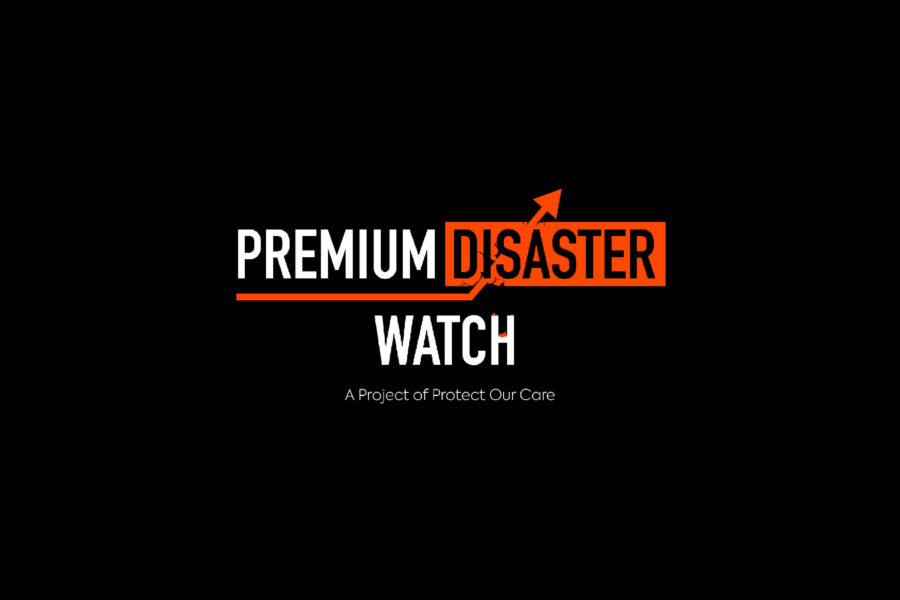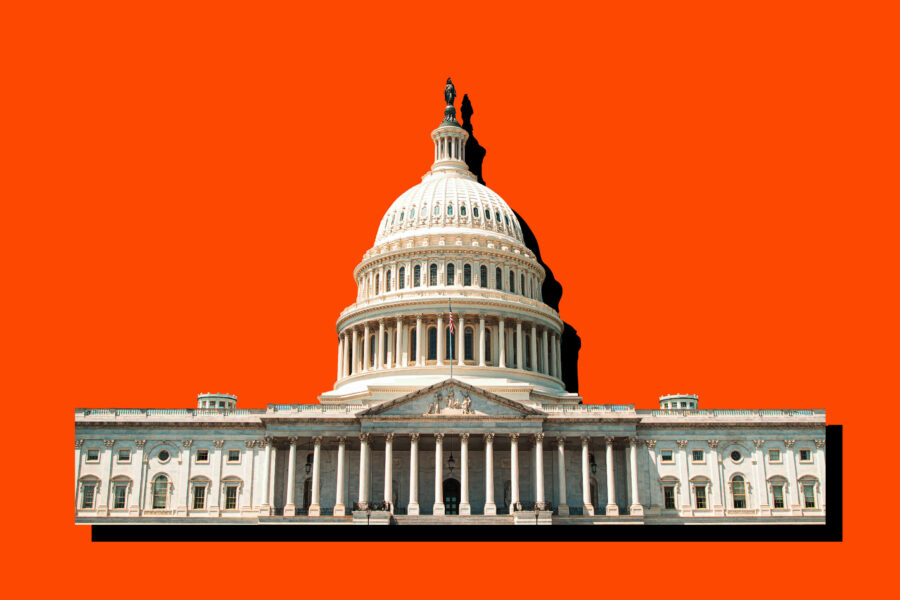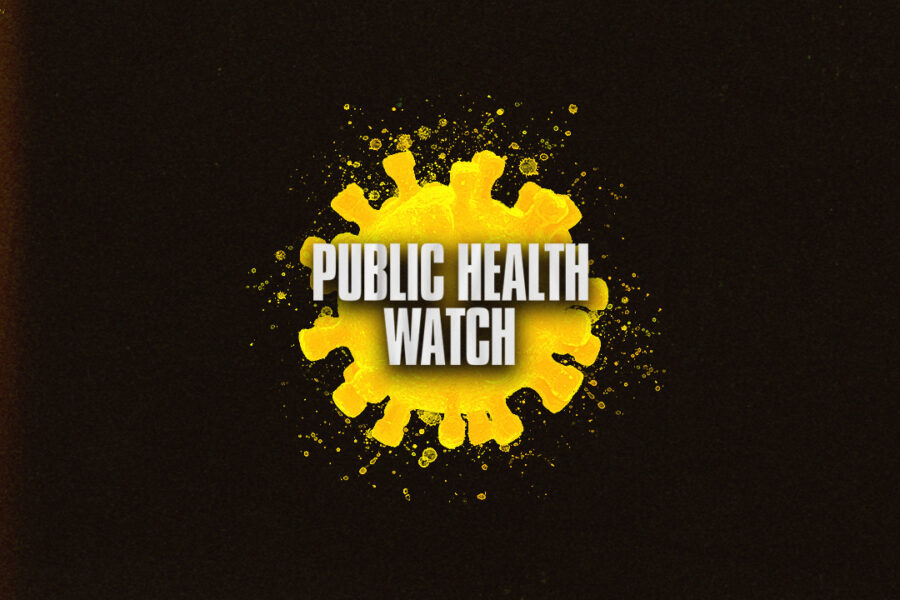HEADLINES: Trump’s Drug Pricing Scam Is a Slap in the Face to the Millions of Working Families Agonized by GOP Health Care Cuts

Ryan Hassett on Bluesky The American people know that Trump’s new “TrumpRx” website is nothing…
ashoupFebruary 6, 2026








